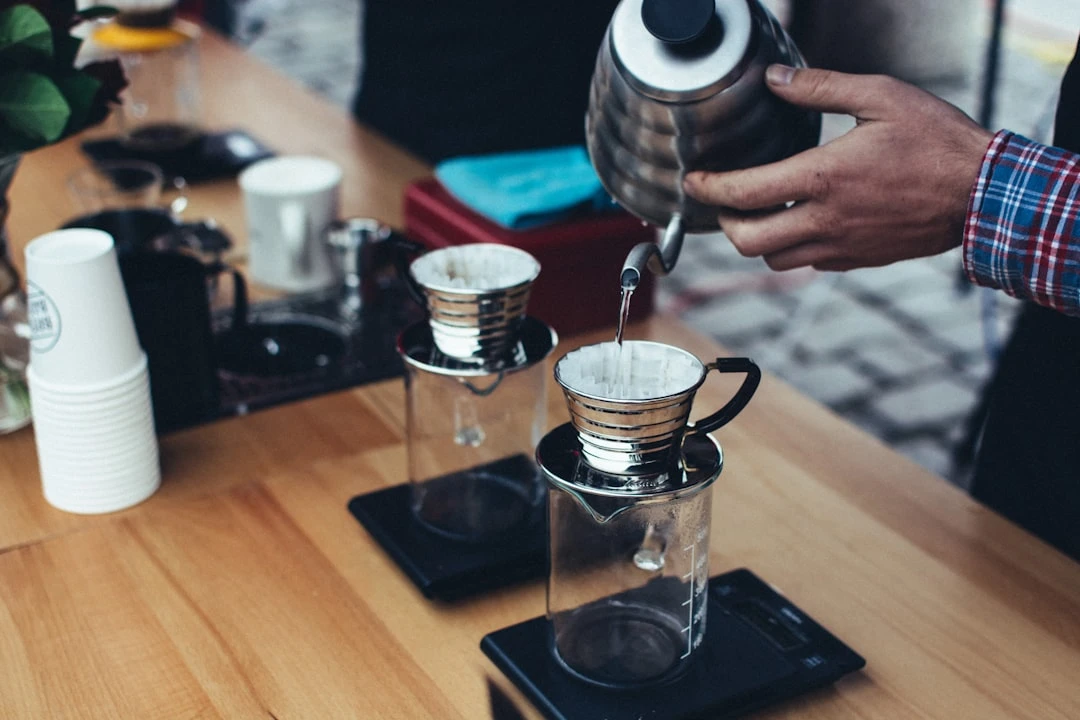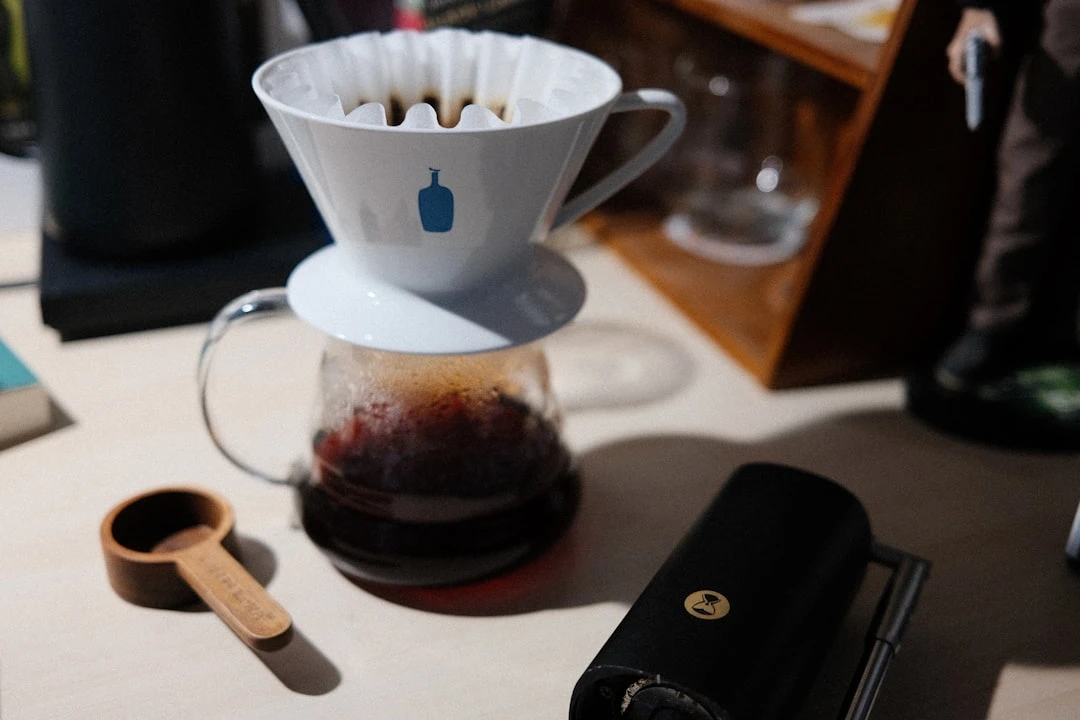How Long Does Coffee Keep You Awake?
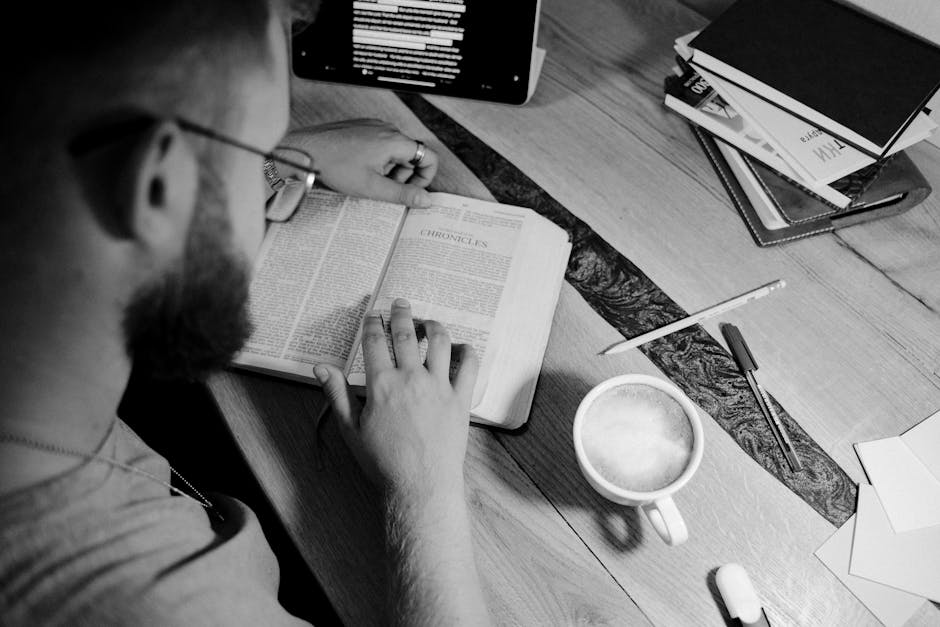
Here's something that'll blow your mind: the average American drinks about 3 cups of coffee per day, yet 70% of us still complain about being tired! I learned this the hard way after years of wondering why I'd lie in bed at 11 PM, eyes wide open like a caffeinated owl, despite feeling exhausted just hours earlier.
Coffee and sleep have this weird love-hate relationship that most of us never really figure out. We need our morning cup (or three) to function like normal humans, but then we're shocked when that afternoon pick-me-up turns into a midnight staring contest with the ceiling. Trust me, I've been there more times than I care to admit.
Understanding exactly how long coffee keeps you awake isn't just about avoiding those restless nights – it's about mastering your energy levels throughout the entire day. You'll learn the real science behind caffeine's grip on your system, discover why that "just one more cup" at 3 PM might be sabotaging your sleep, and pick up some practical strategies I wish someone had taught me years ago.
The Science Behind Coffee's Wake-Up Power
Let me tell you about the time I thought I was immune to caffeine. Spoiler alert: I wasn't, and the science proves why none of us really are.
Caffeine works by being a sneaky little molecule that looks almost identical to something called adenosine. Throughout your day, adenosine builds up in your brain like dirty dishes in your sink – the more that accumulates, the sleepier you feel. It's your body's natural way of saying "hey, maybe it's time to rest."
But here's where coffee gets clever. Caffeine slides into those adenosine parking spots (receptors) and basically puts up a "reserved" sign. Your brain can't detect the sleepiness signals because caffeine is blocking them. It's like having someone constantly tap you on the shoulder saying "stay awake!" even when your body wants to wind down.
The real kicker? Caffeine has what scientists call a "half-life" of about 6 to 8 hours. This means that if you drink a cup of coffee at 2 PM, half of that caffeine is still floating around your system at 8-10 PM. And here I was, wondering why I couldn't fall asleep after my afternoon coffee break!
Your body reaches peak caffeine levels about 30 to 60 minutes after you drink it. That's when you feel most alert and focused. But just because you don't feel jittery anymore doesn't mean the caffeine has left the building – it's still there, quietly doing its job of keeping those sleepiness signals at bay.
Timeline: When Coffee Hits and When It Fades
I used to think coffee worked like a light switch – on, then off. Boy, was I wrong about that timing!
The first 15 to 30 minutes after your first sip is when caffeine starts getting absorbed into your bloodstream. You might not feel much yet, which is why I used to make the mistake of drinking a second cup thinking the first one was "weak." Don't do this. Just wait.
Between 30 and 60 minutes is when coffee hits its stride. This is peak alertness time – when you feel like you could tackle that project you've been putting off for weeks. Your reaction time improves, your mood lifts, and suddenly that Monday morning doesn't seem so brutal. I've learned to schedule my most challenging tasks during this window.
After about 3 to 4 hours, you'll notice the effects start declining. This is when that afternoon energy crash often hits. Your body is still processing caffeine, but the initial boost is wearing off. It's tempting to reach for another cup here, but hold up – we need to talk about what's still happening in your system.
Here's the part that used to frustrate me most: even 6 to 8 hours later, half the caffeine is still active in your body. So that 2 PM coffee? It's still working its magic at dinnertime. And while you might not feel "wired," your sleep quality can definitely suffer.
For most people, it takes about 12 hours or more for caffeine to clear almost completely from your system. This varies based on your individual metabolism, but it explains why some folks can drink coffee at 4 PM and sleep fine, while others (like me) need to cut off much earlier.
Factors That Affect How Long Coffee Keeps You Alert
After years of experimenting with my coffee timing, I've realized that not everyone processes caffeine the same way. It's actually pretty frustrating when your coworker can drink espresso after dinner and sleep like a baby, while you're calculating exactly when to have your last cup.
Your body weight and composition play a bigger role than you might think. Generally, people with more body mass can handle caffeine longer without it disrupting sleep. But it's not just about size – your muscle-to-fat ratio and overall health affect how quickly your liver processes caffeine too.
Age is another factor I didn't expect. As we get older, our bodies get slower at breaking down caffeine. What used to be a harmless 3 PM coffee in your twenties might keep you up past midnight in your forties. I learned this lesson the hard way during a particularly rough week of insomnia.
Here's something interesting: regular coffee drinkers develop tolerance, but not in the way you might think. You'll need more caffeine to feel the same energy boost, but your body doesn't actually get better at processing it faster. The half-life stays pretty much the same, which means timing still matters just as much.
Food makes a difference too. Drinking coffee on an empty stomach means faster absorption and potentially stronger effects. I've noticed that my morning coffee hits different when I skip breakfast versus when I have it with a meal. The food slows down caffeine absorption, which can actually help avoid crashes later.
The genetic lottery plays a role here too. Some people have variations in the enzymes that break down caffeine, making them either "fast" or "slow" metabolizers. If you're a slow metabolizer like me, that afternoon coffee will stick around much longer than it would for your fast-metabolizing friend.
Coffee Timing Strategies for Better Sleep
Let me share the game-changing rule that finally fixed my sleep issues: the 2 PM cutoff. No coffee after 2 PM, period. It sounds harsh, but trust me on this one.
I used to think 6 PM was late enough, but remember that half-life thing? If you have coffee at 2 PM, half the caffeine is still active at 8-10 PM. By the time you're trying to fall asleep at 11 PM, there's still enough caffeine in your system to mess with your sleep quality, even if you don't feel obviously "wired."
Morning coffee optimization is crucial too. I've found that having my first cup about 30 minutes after waking works best. Your cortisol levels are naturally high right when you wake up, so waiting a bit lets your body's natural awakening process do its thing first. Plus, this timing means you get the peak effects right when you need to start your day.
For afternoon energy, I had to get creative. Instead of reaching for that second or third cup, I started experimenting with alternatives. A 10-minute walk outside, some cold water on my face, or even just changing my environment often works better than I expected. Green tea has some caffeine but less than coffee, making it a decent compromise if you absolutely need something.
Weekends throw a wrench in everything, don't they? I used to sleep in on Saturday, then wonder why I couldn't fall asleep Sunday night. Keeping a consistent coffee schedule, even on weekends, helps maintain your natural rhythm. It's not always fun, but your Monday morning self will thank you.
The key is treating coffee like a tool rather than a crutch. Plan your cups strategically around when you actually need peak alertness, not just when you feel like having something warm to drink.
Signs Coffee Is Still Affecting Your Sleep
For the longest time, I thought I was just a "light sleeper" or someone who "thinks too much at bedtime." Turns out, coffee was the culprit behind a lot of my sleep issues, even when I didn't feel obviously caffeinated.
The most obvious sign is trouble falling asleep, but it's sneakier than you might think. It's not always about lying there feeling jittery. Sometimes it's just your mind racing through tomorrow's to-do list or replaying conversations from the day. If this happens regularly and you've had coffee within 8 hours of bedtime, there's probably a connection.
Restless sleep was my biggest clue that caffeine was still in my system. I'd fall asleep eventually but wake up feeling like I'd been tossing and turning all night. My sleep tracker confirmed it – lots of light sleep, not much deep sleep. Coffee doesn't just affect how fast you fall asleep; it messes with your sleep quality throughout the night.
Early morning awakenings became my unwanted alarm clock. I'd wake up at 4 or 5 AM feeling alert but knowing I needed more sleep. This happens because caffeine can interfere with your natural sleep cycles, causing you to wake up during lighter sleep phases when you should be getting restorative deep sleep.
Here's the tricky part: next-day fatigue despite getting "enough" hours in bed. You might sleep for 7-8 hours but still feel exhausted the next day. Poor sleep quality from lingering caffeine means those hours aren't as restorative as they should be. It creates this frustrating cycle where you need more coffee to feel normal, which then affects the next night's sleep.
Pay attention to patterns. If you consistently have sleep issues on days when you've had later coffee, that's your body giving you valuable feedback about your caffeine timing.
What to Do If You've Had Coffee Too Late
We've all been there – it's 4 PM, you're dragging, and you think "just one small cup won't hurt." Then bedtime rolls around and you're regretting that decision. Don't panic; there are some things you can do to minimize the damage.
First, hydrate like your sleep depends on it (because it kind of does). Drinking plenty of water won't flush caffeine out faster, but it can help your body process it more efficiently. Plus, dehydration can make you feel more anxious and jittery, amplifying caffeine's effects. I keep a water bottle nearby and sip consistently throughout the evening.
Light exercise can be surprisingly helpful, but timing matters. A gentle walk or some light stretching about 2-3 hours before bed can help burn off some of that excess energy. Don't go for an intense workout though – that'll just make things worse. I've found that even 10 minutes of walking around the block helps me feel more settled.
This might sound counterintuitive, but sometimes acceptance is your best strategy. If you know you're going to be up later because of caffeine, don't fight it by trying to force sleep at your usual bedtime. Instead, do something calm and productive until you actually feel sleepy. Reading, gentle stretching, or organizing something can be better than lying in bed frustrated.
Relaxation techniques become extra important on these nights. Deep breathing exercises, progressive muscle relaxation, or meditation apps can help counteract caffeine's stimulating effects. I've gotten pretty good at the 4-7-8 breathing technique – breathe in for 4, hold for 7, exhale for 8. It doesn't work miracles, but it definitely helps calm my racing mind.
Skip the late-night screen time if possible. Your brain is already overstimulated from caffeine; adding blue light from phones or tablets just makes things worse. If you must use devices, at least use blue light filters or night mode.
Conclusion
Understanding how long coffee keeps you awake isn't just about avoiding sleepless nights – it's about taking control of your energy patterns and sleep quality. The science is clear: caffeine has a 6-8 hour half-life, which means that afternoon cup is still affecting your system well into the evening, even when you don't feel obviously "wired."
Everyone's caffeine metabolism is different, so what works for your coffee-drinking coworker might not work for you. Pay attention to your own patterns and adjust accordingly. The 2 PM cutoff rule works for many people, but you might need to experiment to find your personal sweet spot.
Remember, coffee should enhance your day, not sabotage your nights. By timing your caffeine intake strategically and recognizing the signs that it's still affecting your sleep, you can enjoy your daily cups without sacrificing rest. Your sleep quality impacts everything from your mood to your productivity, so it's worth getting this balance right.
Related Articles
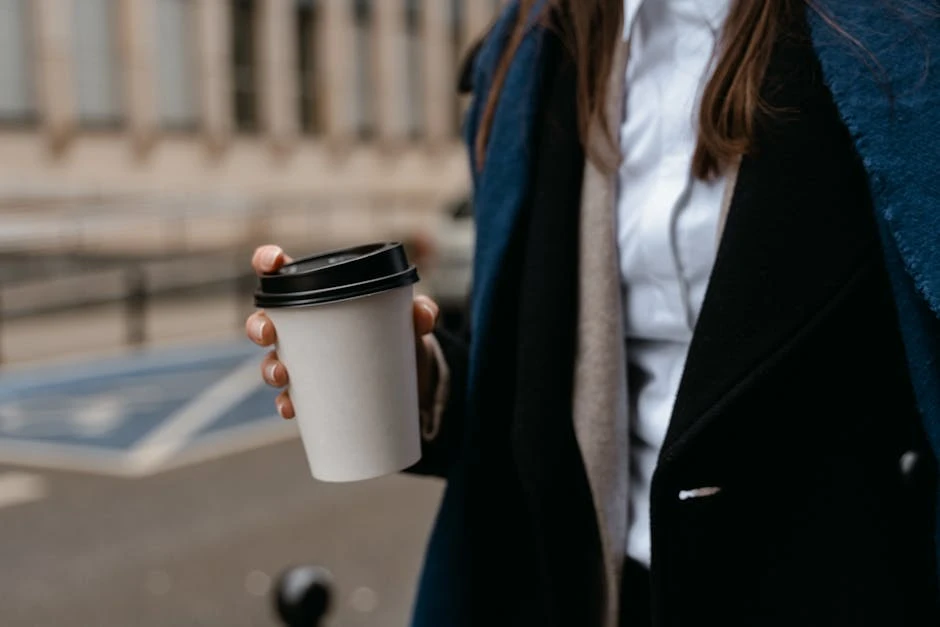
How Many Espresso Shots in a Day is Safe For Health?
Read More →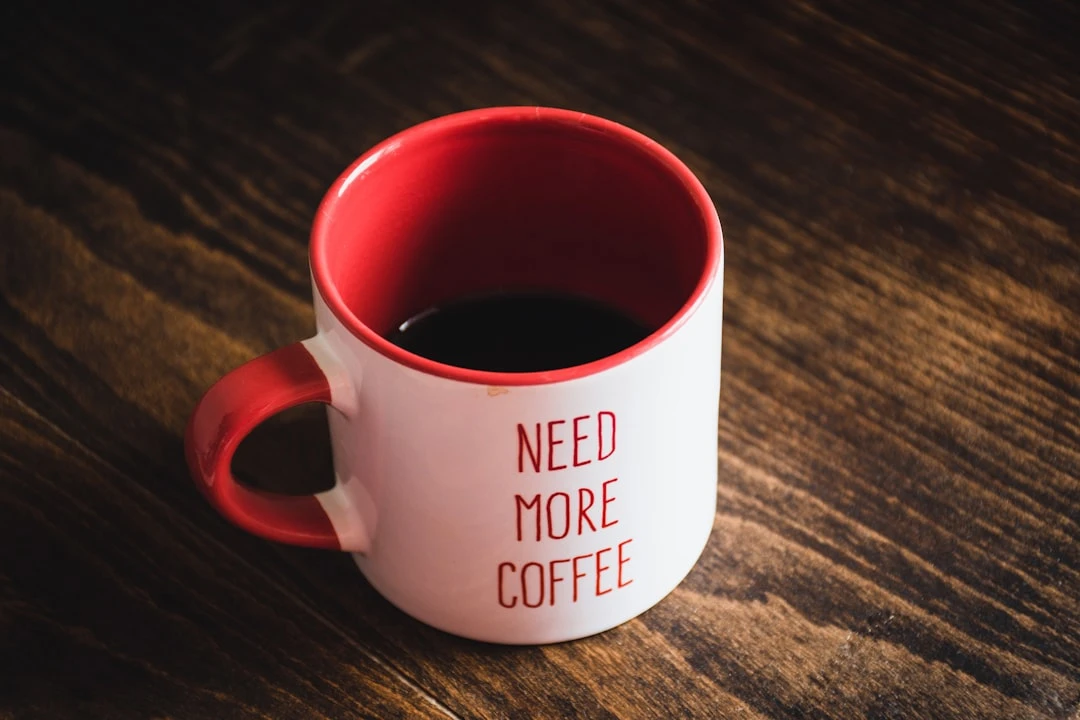
How Long Does It Take Caffeine to Wear Off? A Complete Guide to Caffeine's Timeline in Your Body
Read More →